The transition to sustainability is not a threat for the farming sector, but a huge economic opportunity, according to the European Commissioner for the Environment Virginijus Sinkevicius.
“It will allow EU farmers to make sustainability their trademark, implementing by the changes needed to guarantee the future of the agricultural sector before their competitors outside the EU.
“The transition to sustainability could represent a competitive ‘first mover’ advantage for our farmers in the medium term.
“We estimate that a global level of sustainable food systems can create economic value of more than €1.8tn,” the Commissioner told the European Parliament’s environment committee on Friday.
Impact
He said he does not underestimate the short-term potential impact on some parts of the farming sector.
“For this reason, the transition will be accompanied by the EU with both financial and regulatory tools.
“We're not leaving anyone behind and financially the new Common Agricultural Policy will provide member states with the means to report and compensate the sustainable choices of farmers.
“The commission just reinforced the budget for the European agricultural fund for rural development by €15bn, through the new MFF proposal.
“From the regulatory point of view, Farm to Fork announces a series of measures that will boost the competitiveness of your farmers,” he said.
He added that a transformation is required in the way farmers produce food and manage land.
“This is why it is important to work with farmers to support their transition to fully environmentally-friendly practices.
“Improving the condition and biodiversity of agro ecosystems will increase the sector's resilience to climate change, environmental risk and socio-economic shocks, while of course creating new jobs,” he said.
Peatlands
In relation to the restorations of peatlands, Fine Gael MEP for Midlands-Northwest and first vice-president of the European Parliament Mairead McGuinness said that restoration of peatlands and wetlands is an issue for many member states, including Ireland.
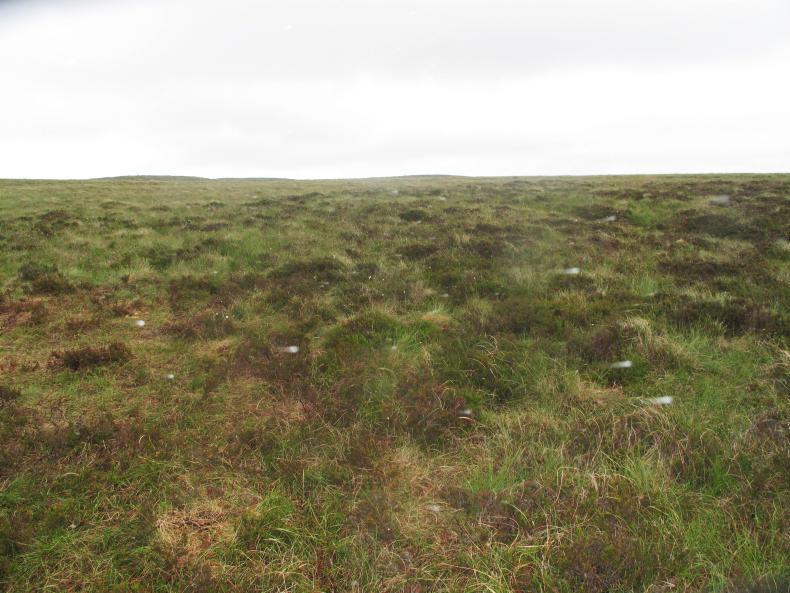
“Sometimes the landowners are fearful of what this might mean, could you reassure them, that they will participate and that they will be given supports to change their farming in a direction, which assists the peatlands capture more carbon?” she asked.
In response, the commissioner said without dedicated binding targets in support of the biodiversity strategy, which includes peatlands, there is considerable risk that EU targets would not be implemented properly and that biodiversity loss would continue.
Business as usual is not an option
“This is the lesson learned from the past. Therefore, we will launch impact assessment with a view to presenting the proposal for legally binding restoration targets in 2021 to restore healthy and resilient ecosystems, including the most carbon-rich ones, such as seagrass meadows, wetlands, peatlands, bogs and marshes, as well as semi-natural grassland and, of course, all grow, and loss in primary forests.
“So legally binding restoration targets mark a real difference as compared to the current strategy, it is a key demand.
“Business as usual, I think is not is not an option. We need to make sure that we don't end up again after 10 years that we realised we have, again, failed, not achieve our commitments and binding targets are needed to mobilise action, as well as mobilise financing.
“The impact assessment will look at the establishment of an EU wide methodology to map, assess and achieve good conditions for ecosystem and, of course, safeguarding capacities to deliver services such as climate regulation water regulation and soil health,” he said.
Read more
Water quality shows double-digit improvement in ASSAP catchments
Successful organic farming needs affluent domestic market
Cut in fertiliser use ‘to limit the over-fertilisation’ of farmland
The transition to sustainability is not a threat for the farming sector, but a huge economic opportunity, according to the European Commissioner for the Environment Virginijus Sinkevicius.
“It will allow EU farmers to make sustainability their trademark, implementing by the changes needed to guarantee the future of the agricultural sector before their competitors outside the EU.
“The transition to sustainability could represent a competitive ‘first mover’ advantage for our farmers in the medium term.
“We estimate that a global level of sustainable food systems can create economic value of more than €1.8tn,” the Commissioner told the European Parliament’s environment committee on Friday.
Impact
He said he does not underestimate the short-term potential impact on some parts of the farming sector.
“For this reason, the transition will be accompanied by the EU with both financial and regulatory tools.
“We're not leaving anyone behind and financially the new Common Agricultural Policy will provide member states with the means to report and compensate the sustainable choices of farmers.
“The commission just reinforced the budget for the European agricultural fund for rural development by €15bn, through the new MFF proposal.
“From the regulatory point of view, Farm to Fork announces a series of measures that will boost the competitiveness of your farmers,” he said.
He added that a transformation is required in the way farmers produce food and manage land.
“This is why it is important to work with farmers to support their transition to fully environmentally-friendly practices.
“Improving the condition and biodiversity of agro ecosystems will increase the sector's resilience to climate change, environmental risk and socio-economic shocks, while of course creating new jobs,” he said.
Peatlands
In relation to the restorations of peatlands, Fine Gael MEP for Midlands-Northwest and first vice-president of the European Parliament Mairead McGuinness said that restoration of peatlands and wetlands is an issue for many member states, including Ireland.

“Sometimes the landowners are fearful of what this might mean, could you reassure them, that they will participate and that they will be given supports to change their farming in a direction, which assists the peatlands capture more carbon?” she asked.
In response, the commissioner said without dedicated binding targets in support of the biodiversity strategy, which includes peatlands, there is considerable risk that EU targets would not be implemented properly and that biodiversity loss would continue.
Business as usual is not an option
“This is the lesson learned from the past. Therefore, we will launch impact assessment with a view to presenting the proposal for legally binding restoration targets in 2021 to restore healthy and resilient ecosystems, including the most carbon-rich ones, such as seagrass meadows, wetlands, peatlands, bogs and marshes, as well as semi-natural grassland and, of course, all grow, and loss in primary forests.
“So legally binding restoration targets mark a real difference as compared to the current strategy, it is a key demand.
“Business as usual, I think is not is not an option. We need to make sure that we don't end up again after 10 years that we realised we have, again, failed, not achieve our commitments and binding targets are needed to mobilise action, as well as mobilise financing.
“The impact assessment will look at the establishment of an EU wide methodology to map, assess and achieve good conditions for ecosystem and, of course, safeguarding capacities to deliver services such as climate regulation water regulation and soil health,” he said.
Read more
Water quality shows double-digit improvement in ASSAP catchments
Successful organic farming needs affluent domestic market
Cut in fertiliser use ‘to limit the over-fertilisation’ of farmland




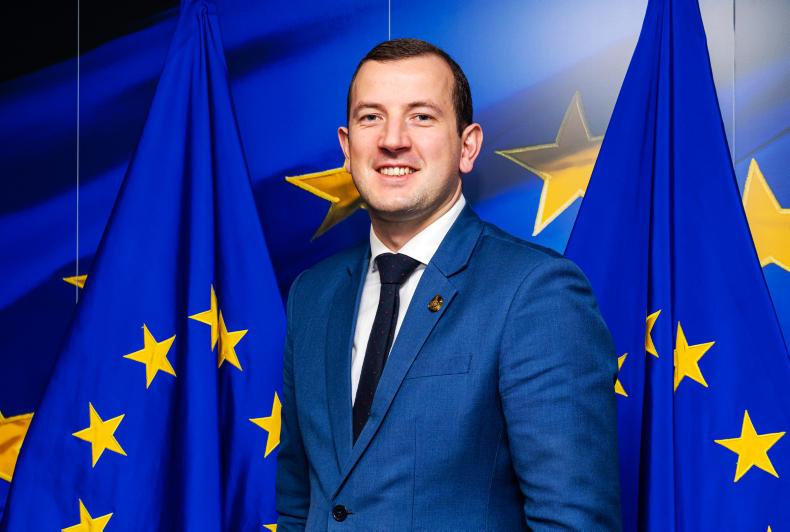
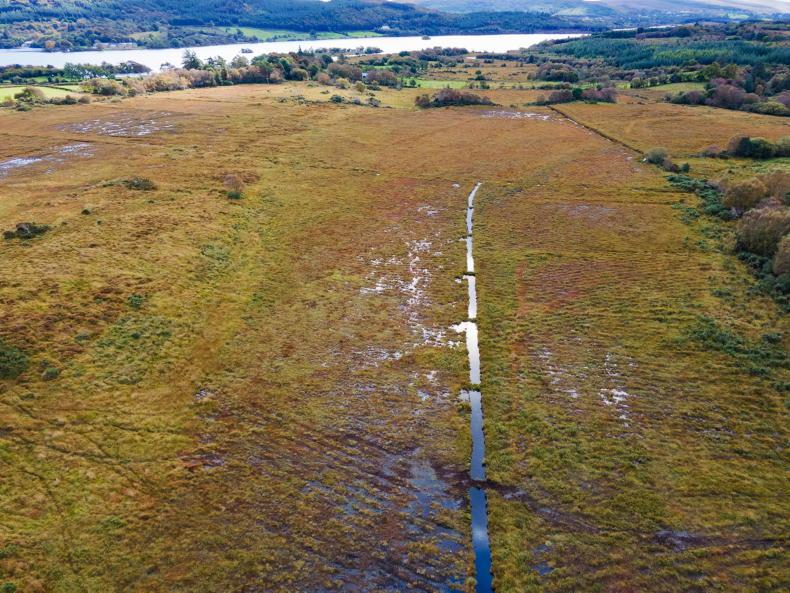

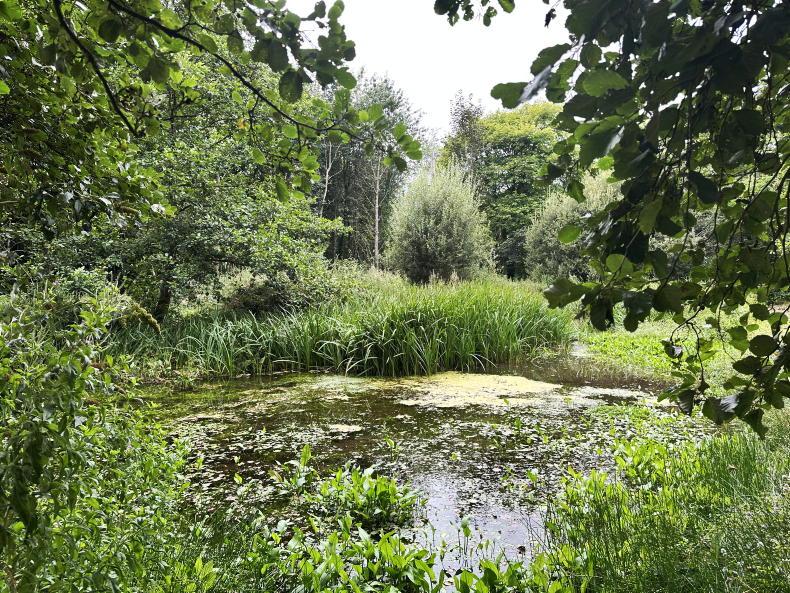
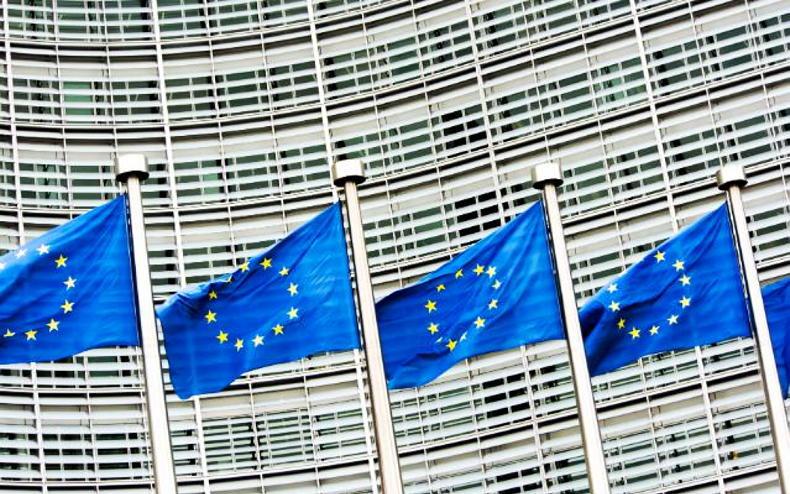
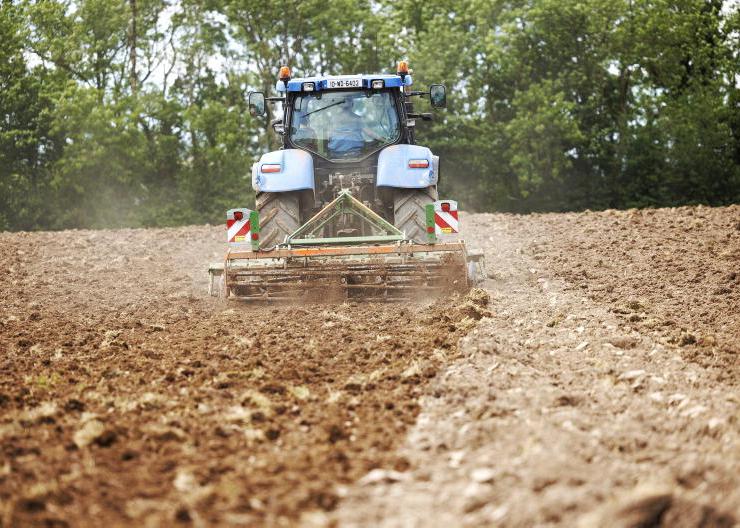
SHARING OPTIONS